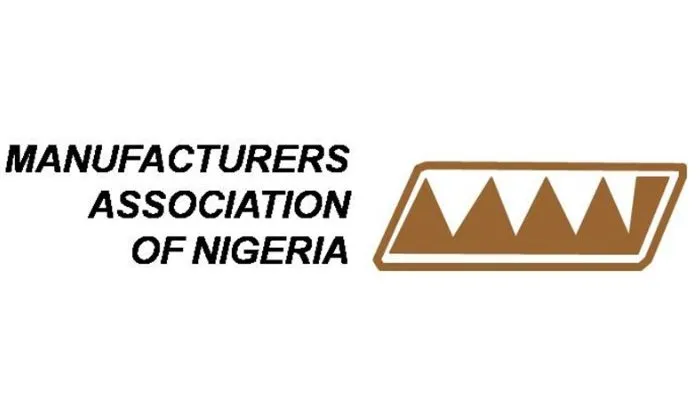The Manufacturers Association of Nigeria (MAN) has advocated for an increase in electricity supply from the abysmal average of 4,000MW per day.
The director-general of MAN, Segun Ajayi-Kadir stated this in his reaction to the proposed increase in electricity tariff. Ajayi-Kadir noted that, electricity is a critical input in manufacturing processes, and it has significant impact on production cost and prices of products, saying that incessant increase in electricity tariff in Nigeria is hindering the performance of the sector and growth of the economy.
According to him, “sustainable and low-cost energy supply provides incentives for scale production and competitiveness of the industrial sector. It was based on the critical importance of energy security in achieving the industrial aspiration of Nigeria, that the Power Sector was privatized in 2013 to improve the scale of energy supply to the nation, particularly the industries.”
He emphasised that this particular privatisation has not yielded the desired results, saying “it is widely believed that this is because the operators in the value chain lack the technical and financial capacity to operate and deliver optimally.
“The installed capacity has been consistently put around 10,000MW and it has not been fully utilised due to the limited capacity of the GenCos and DisCos to generate and distribute adequate electricity supply nationwide. Despite the inability to meet the consumer demand, we have witnessed consistent increase in tariff without a commensurate and good quality supply.
“According to NBS, the electricity supply stood at 5,909.83 (Gwh) in Q2 2023 but reduced to 5,769.52 (Gwh) in Q1 2024 and 5,612.52 (Gwh) in Q2 2024 when the tariff increase of over 230 percent was implemented. Thus, indicating 5.03 percent decrease year on year and 2.72 percent quarter on quarter.
“MAN has severally advocated for an increase in electricity supply from the abysmal average of 4,000MW of electricity per day for over 200 million people whereas Nigeria needs more than 30,000MW of electricity to appreciably meet the growing electricity demands by businesses and households in the country,” he pointed out.
MAN DG disclosed that, “the proposed increase in electricity tariff is inimical to the competitiveness of Nigerian products and businesses as it will further exacerbate the impact of high cost of production, worsen the current inflationary pressure, aggravate the pressure on the disposable income of the average Nigerian, increase the unsold inventory of manufacturers, erode their profit margin, increase unemployment rate and lead to closure of more private businesses.”






